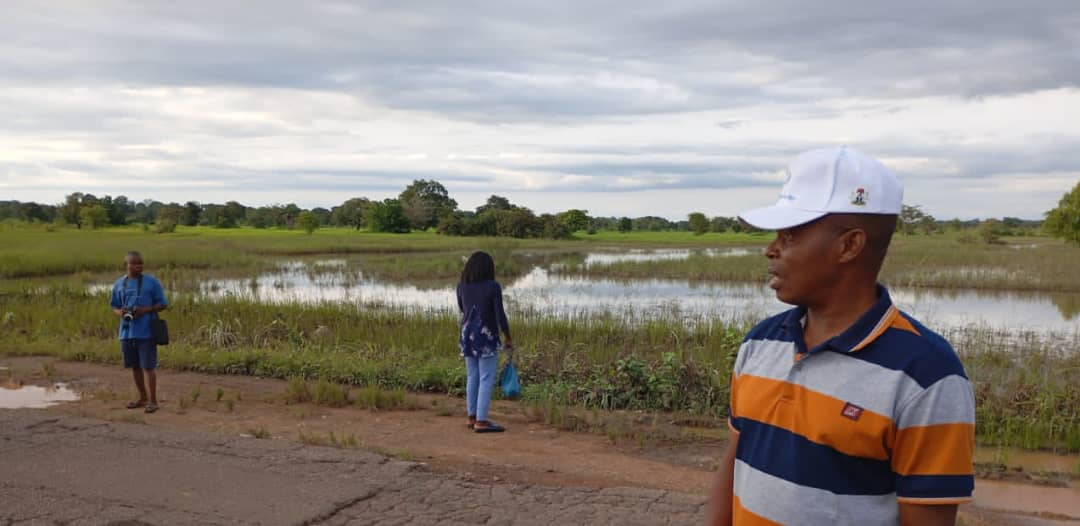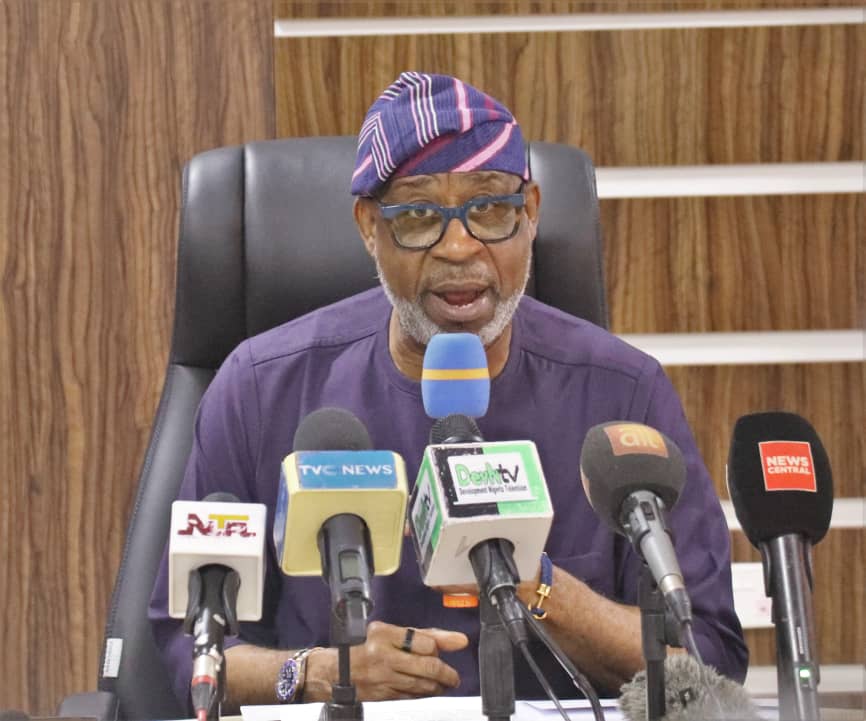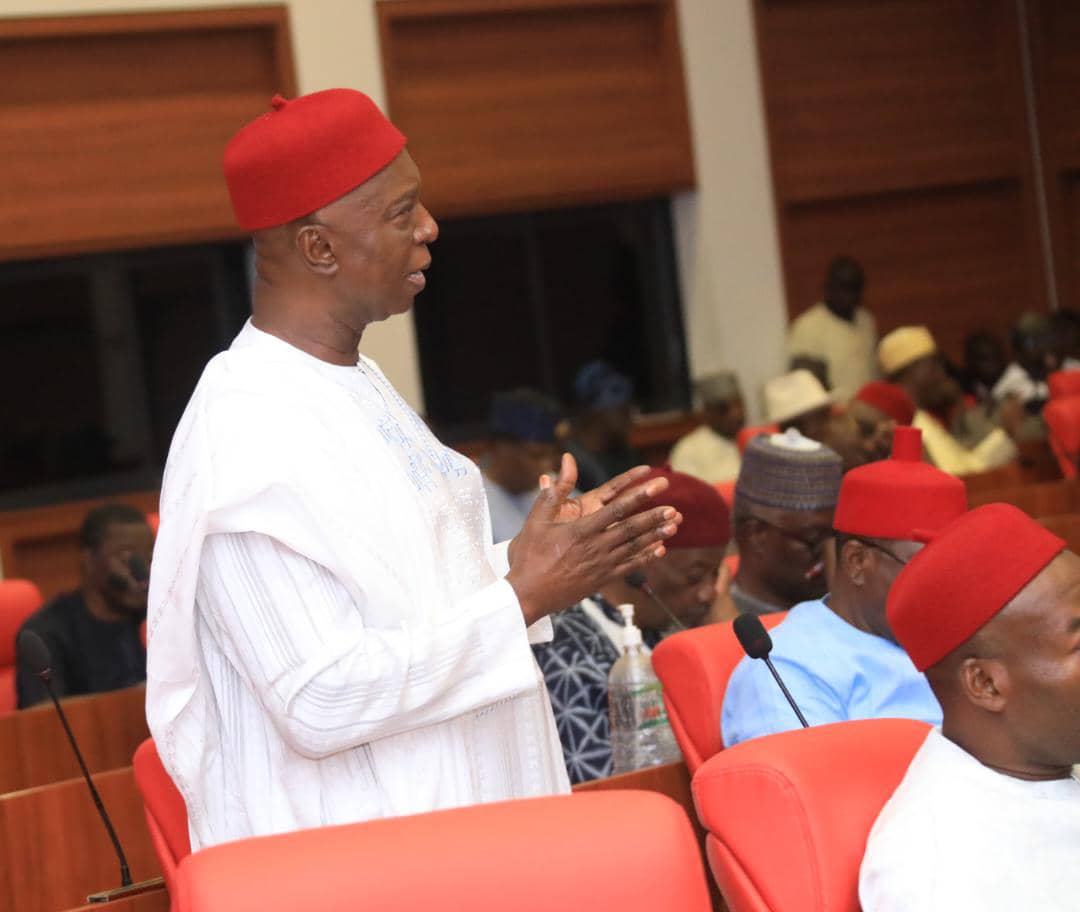Strengthening National Climate Action Plan Through Building of Sub-national Climate Policies

Climate change is emerging as a hot topic in Nigeria, increasingly featuring in national discussions and political debates.
The Nigerian government has also made many important commitments to addressing the national climate crisis and strategic policies to achieving Net Zero by 2060, including the enactment of the Climate Change Act, 2021, and initiated some institutional arrangements and projects at federal levels to facilitate the commitment.
However, despite the climate change initiatives at the federal level, the capacity of the states and local governments to address the challenge of climate change within the national policy and programme framework is weak.
Practically all states in Nigeria depend on capacity-building activities initiated at the federal level for adoption as their programmes and initiatives.
It is not surprising that in most states, there are no state-specific climate change action plan, as it obtains in other countries, such as India.
The net result is that there is an overall limited national effort to bring climate change programmes and activities closer to the grassroots.
The current situation calls for an improved climate change governance landscape in Nigeria in which policies and initiatives will be properly and vertically integrated for implementation among the Federal, State and Local Government actors with well-defined roles and responsibilities.
The unique nature of our country demands that for proper impact to be made in our drive to address climate change, the sub-national must be fully involved.
This is because most of the key actions necessary to drive wholesome actions must begin at the grassroots and then sprout to the top.
In essence, vertical integration of policies is critical. This must be backed up with collaborative actions that respect the uniqueness of the needs of each sub-national unit while identifying the strength in the parts working together to preserve the whole.
Thus, the need to go ‘Sub-national’ with our National Approach to Climate Action, through x-raying what’s going on in terms of climate impact, policy formulation and implementation, climate action, programmes and activities, climate education and awareness, climate responsibility, and climate finance, at each of the 36 States in Nigeria and the FCT.
A sub-national approach to implementing climate actions is critical for effective national and global climate actions as it helps countries and the global community to ensure that adaptation efforts are tailored to the specific needs of local communities and that they are implemented in ways that are culturally, economically and politically appropriate.
Such a state-driven process can also play an important role in strengthening the resilience of communities by enabling them to plan, become more aware of the climate risks they face and develop strategies to reduce their vulnerability.
This can help to ensure that communities are better prepared for the future impacts of climate change.
The sub-national/state government involvement efforts imbibe the locally-led adaptation approach that integrates the knowledge, traditions, cultures and experiences of local communities, thereby shifting the existing condition from the current national adaptation top-down strategies to an effective framework that is more inclusive and sustainable.
Integrating the sub-national into national climate action is an important approach to addressing the impacts of climate change and can help to create a more effective and equitable climate action plan, as well as to build community resilience.
This is particularly possible with an understanding of the needs, priorities and contextual realities of each state as well as the removal of barriers, constraints and challenges in terms of skills, funding and the leadership of state and local governments to effectively contribute to the implementation of climate action.
Thus, the need for sub-national stakeholders to lead initiatives that are bottom-up and community-driven.
These strategies are tailored to local needs, resources, and capacities. By utilizing this bottom-up approach/sub-national state-driven process, climate action could be unlocked mainly at the state level and even at the local level, where such actions are most urgently needed.
Therefore, how can a nation realize the implementation of a national action plan without mainstreaming the sub-national action plan?
Rarely a successful national climate action without the bottom-up approach from the local and state-level collaboration.
Aware of course, that effective climate actions in Nigeria can only happen when actions are taken from the bottom to the top, it became imperative to measure the extent of actions already in existence to carefully identify the gaps inherent and project recommendations on critical next steps.

By Timothy Ogenyi
Research Fellow, Center for Climate Change and Development. Alex Ekwueme Federal University, Ebonyi State.





